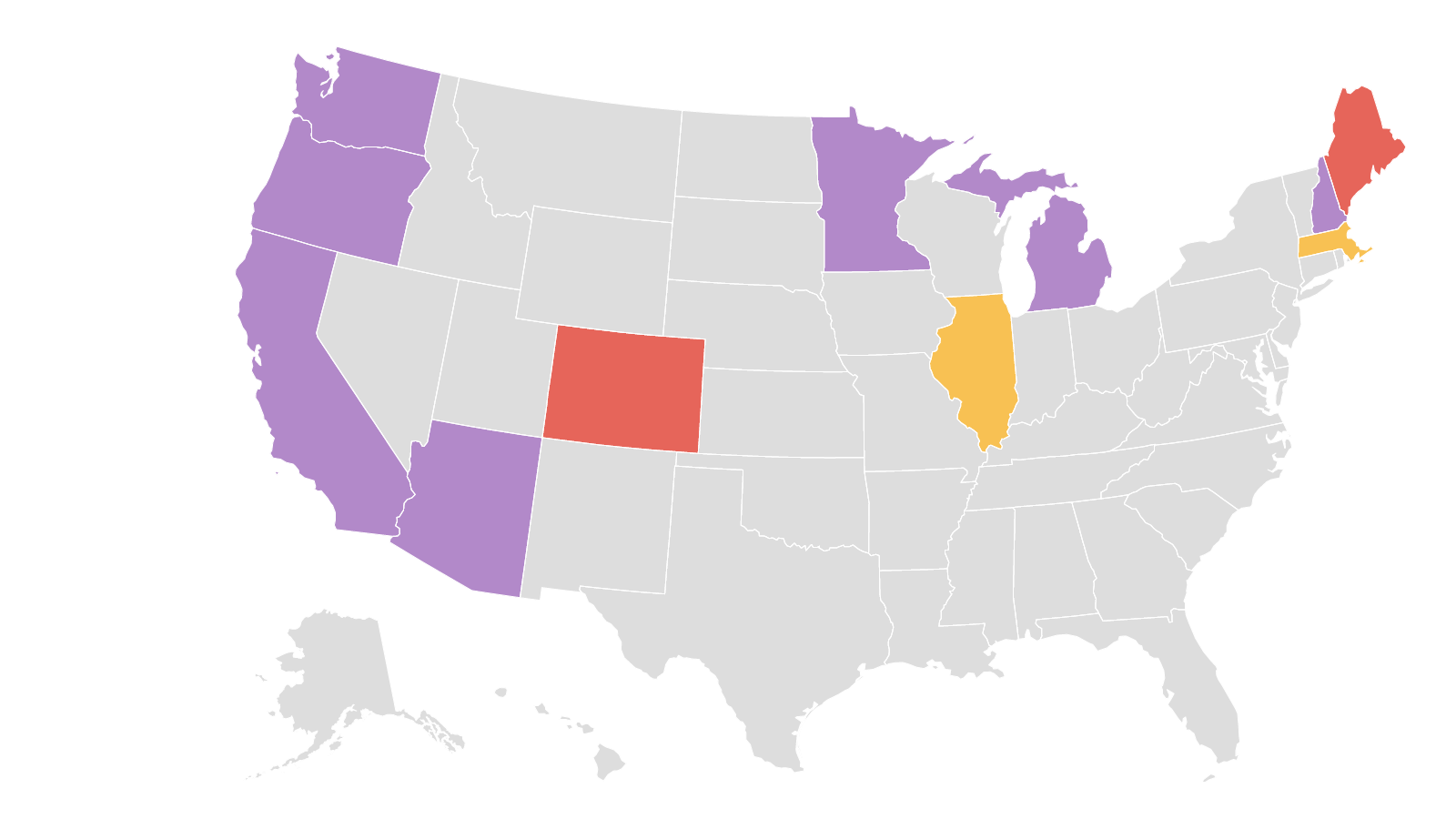Opponents of former President Donald Trump, bolstered by advocacy groups, are leveraging the 14th Amendment of the US Constitution in an attempt to bar him from the 2024 presidential race. The amendment disqualifies public officials who have participated in insurrection from holding office again.
Colorado and Maine have interpreted this ban as applicable to Trump, citing his efforts to overturn the 2020 election results and his involvement in the January 6, 2021, insurrection. Consequently, both states have removed him from the Republican primary ballot. However, these decisions are currently on hold pending appeal. The US Supreme Court is set to hear oral arguments in the Colorado case in early February.
Despite these developments, attempts to block Trump from the ballot have been unsuccessful in several other key states. Lawsuits in Minnesota, Michigan, Oregon, Arizona, and other states were dismissed on procedural grounds, never reaching the point of discussing Trump’s actions on January 6.
Each state has its own set of rules for adjudicating challenges of this nature. Some states handle these cases in state courts, while others delegate them to state election officials, such as the secretary of state.
CNN is closely monitoring the significant decisions regarding Trump’s eligibility. The majority of these challenges have been launched by well-funded advocacy groups, supported by experienced constitutional scholars. In addition, there has been a surge of minor lawsuits, often filed by individuals without legal representation, lacking standing, or filing in courts without jurisdiction. These cases are not being tracked by CNN.
Here’s an update on the status of the major anti-Trump ballot challenges across the United States:

